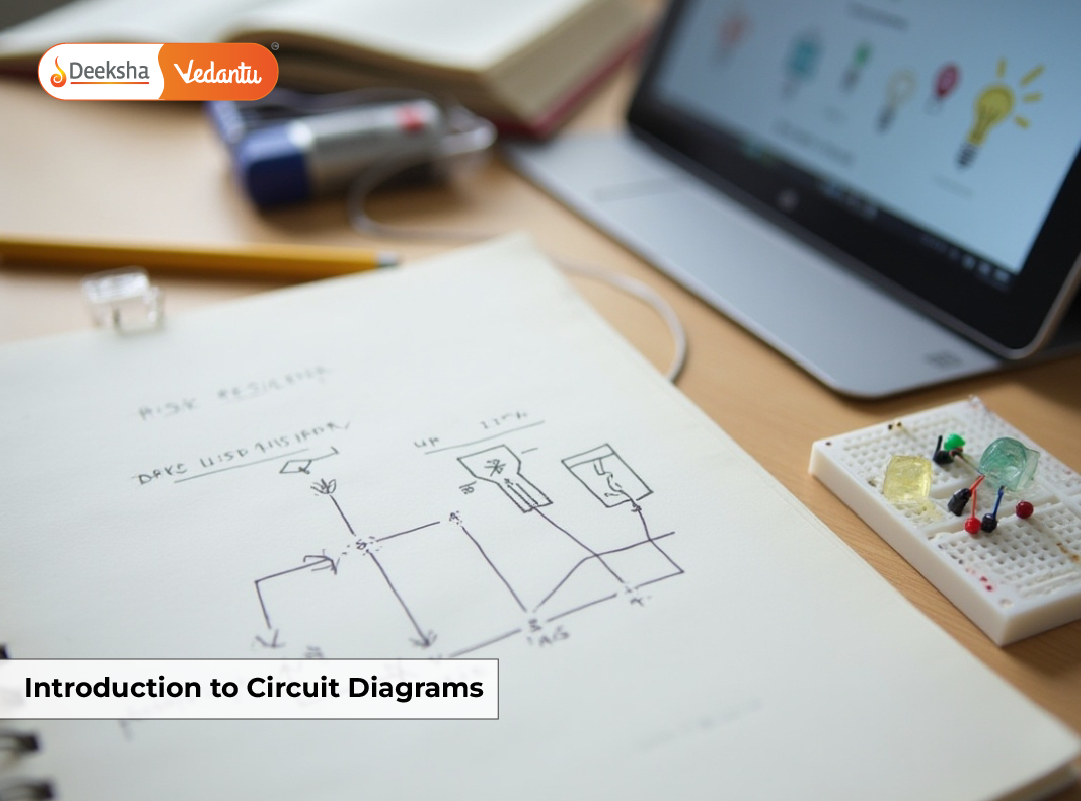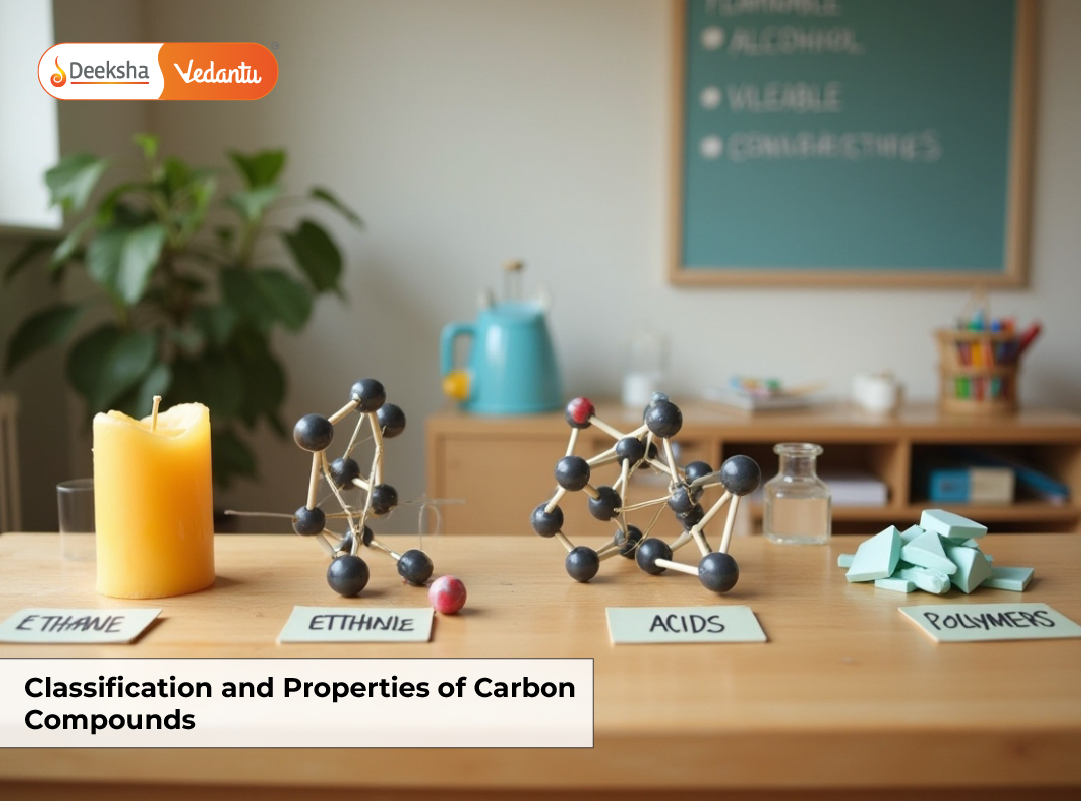Introduction
The journey through a residential Pre-University (PU) program, especially for students in Science and Commerce streams, is intense and demanding. With academic rigor, competitive entrance exam prep, personal growth, and adjusting to a structured lifestyle, students often feel overwhelmed. The high-pressure atmosphere, though beneficial for discipline and focus, can sometimes compromise emotional well-being and academic confidence.
At Deeksha Vedantu, we believe academic success is holistic. It goes beyond ranks and marks. It’s about nurturing resilience, clarity, and mental peace. In this blog, we’ll explore the common causes of academic pressure in residential PU settings and present time-tested techniques, practical strategies, and support mechanisms to ensure students not only manage pressure but use it as a stepping stone to long-term success.
Understanding the Sources of Academic Pressure
1. High Expectations from Multiple Fronts
- Pressure to meet parental dreams and familial expectations
- Internal pressure to live up to one’s own standards
- Peer pressure arising from competitive classmates and top performers
- Social comparison through test scores and ranks
2. Dual Preparation Requirements
- PU syllabus for board exams (core subjects, practicals, internals)
- Simultaneous preparation for competitive exams (NEET, JEE, CUET)
- Separate strategies, techniques, and timelines needed for both
3. Lifestyle Adjustment in Residential Settings
- Adapting to shared living spaces and strict routines
- Limited access to family, home comforts, or familiar emotional anchors
- Navigating new social dynamics while adjusting to personal solitude
4. Poor Self-Care and Burnout
- Irregular or insufficient sleep
- Skipped meals or poor nutrition
- Limited physical movement due to sedentary routines
- Absence of mental decompression techniques like mindfulness
5. Performance Anxiety and Fear of Failure
- Worry about underperforming in class tests and mock exams
- Fear of losing out on dream careers
- Low self-worth when academic results do not align with expectations
Commerce PU courses at Deeksha Vedantu
Recognizing Early Signs of Burnout
Burnout doesn’t appear overnight—it creeps in quietly. Recognizing it early can save months of mental exhaustion and help students bounce back effectively.
Physical Symptoms:
- Headaches, muscle tension, frequent illness
- Disrupted sleep cycles (oversleeping or insomnia)
- Constant tiredness despite adequate rest
Emotional Symptoms:
- Lack of enthusiasm toward studies
- Anxiety before classes or exams
- Irritability and mood swings
- Increased dependency on caffeine or stimulants
Behavioral Signs:
- Avoidance of study groups or peer interaction
- Procrastination and incomplete assignments
- Decline in academic performance despite hard work
Science PU programs offered by Deeksha Vedantu
Proven Strategies for Managing Academic Pressure
1. Structured Planning Over Overloading
Random study sessions cause chaos. A defined plan makes learning intentional.
- Use weekly calendars to plan study, test prep, and rest
- Prioritize based on exam timelines and personal understanding
- Break large tasks into smaller, manageable steps
2. Adopt the 3-3-3 Formula
- 3 focused hours for PU syllabus
- 3 application-driven hours for competitive exams
- 3 hours for rest, wellness, and free activities
This daily division provides balance and avoids academic monotony.
3. SMART Goal Setting
Ambitious goals become achievable when they are SMART:
- Specific: Revise Physics chapter on Electrostatics
- Measurable: Solve 30 MCQs with 85% accuracy
- Achievable: Break into three sessions
- Relevant: Aligns with upcoming NEET mock test
- Time-bound: Completed by Friday 6 PM
4. Breathing and Meditation Techniques
- 5-minute guided meditation before bedtime or morning study
- Box breathing (inhale-hold-exhale-hold: 4 seconds each)
- Gratitude journaling every night before sleep
These tools lower cortisol levels, improve sleep, and center the mind.
5. Daily Movement and Nutrition Routines
- 15–30 minutes of yoga, stretching, or walking
- Balanced meals: Include iron, B12, protein, and fiber
- Limit processed snacks, energy drinks, and sugar highs
- Hydration: 2.5–3 liters of water daily
The Role of Mentors in Managing Academic Pressure
Deeksha Vedantu mentors act as the bridge between students’ challenges and their solutions.
What Mentors Offer:
- Personalized study plans based on performance data
- Weekly emotional check-ins
- Behavioral analysis to identify stress patterns
- Open-door policy for discussion—no judgment zone
Mentors also coordinate with teachers and parents when necessary, ensuring a cohesive support system.
Peer Support as an Emotional Anchor
Students spend most of their time with peers. Creating a culture of empathy can reduce stress across the group.
Activities That Help:
- Group study with quiz challenges
- Sharing goal progress at week’s end
- Peer appreciation circles for emotional uplift
Students are more likely to open up to friends before adults. Encouraging emotionally intelligent peer dynamics helps in long-term resilience.
Avoiding Toxic Competition
While healthy competition motivates, toxic competition demoralizes.
Signs of Unhealthy Competition:
- Hiding notes or information from peers
- Constantly comparing scores
- Celebrating others’ failure to boost self worth
Alternatives:
- Compete with your past self, not others
- Acknowledge peers’ success while focusing on your path
- Share learning tips and collaborate on difficult topics
Structuring a Balanced Residential Day
A thoughtfully designed daily schedule can foster clarity and reduce cognitive fatigue.
Sample Daily Routine:
| Time Slot | Activity |
| 5:30 AM – 6:00 AM | Wake up + Light stretches |
| 6:00 AM – 6:45 AM | Meditation / Affirmation / Mindfulness |
| 6:45 AM – 7:30 AM | Breakfast + light peer talk |
| 7:30 AM – 1:30 PM | Academic lectures + practicals |
| 1:30 PM – 2:30 PM | Lunch + rest |
| 2:30 PM – 4:00 PM | Self-study (PU syllabus focus) |
| 4:00 PM – 4:30 PM | Short break + refresh walk |
| 4:30 PM – 6:00 PM | Entrance test prep (MCQs, mock tests) |
| 6:00 PM – 6:45 PM | Sports / Physical activity |
| 7:00 PM – 8:00 PM | Dinner + free time |
| 8:00 PM – 9:00 PM | Review and revise |
| 9:00 PM – 9:30 PM | Journal / light reading / gratitude |
| 10:00 PM | Sleep |
FAQs
What if I feel stressed every morning?
This may indicate chronic anxiety. Talk to your mentor and adopt morning rituals like stretching, music, or breathing exercises.
Is it okay to take one day off from studies?
Absolutely. Scheduled rest days improve productivity. Avoid guilt—it’s recovery, not laziness.
How can I stay emotionally strong when I’m far from home?
Stay connected with family via regular calls. Share openly with friends and mentors. Bring comfort items like photos or journals.
What to do if I lose motivation mid-term?
Break tasks into micro-goals, revisit your long-term dreams, and reward yourself for small achievements. Seek mentor guidance.
Does Deeksha Vedantu offer professional emotional support?
Yes. Apart from trained mentors, professional counselors are available for deeper concerns and emotional challenges.
Conclusion
Academic pressure in residential PU settings is inevitable, but it doesn’t have to be harmful. When students are equipped with the right tools, routines, mentors, and peer support, they grow not only intellectually but emotionally. The goal is not to escape pressure—but to manage, adapt, and thrive within it.
At Deeksha Vedantu, we help students balance pressure with purpose. With the right strategy, academic rigor can be a catalyst for growth rather than a source of fear.
Table of Contents















Get Social